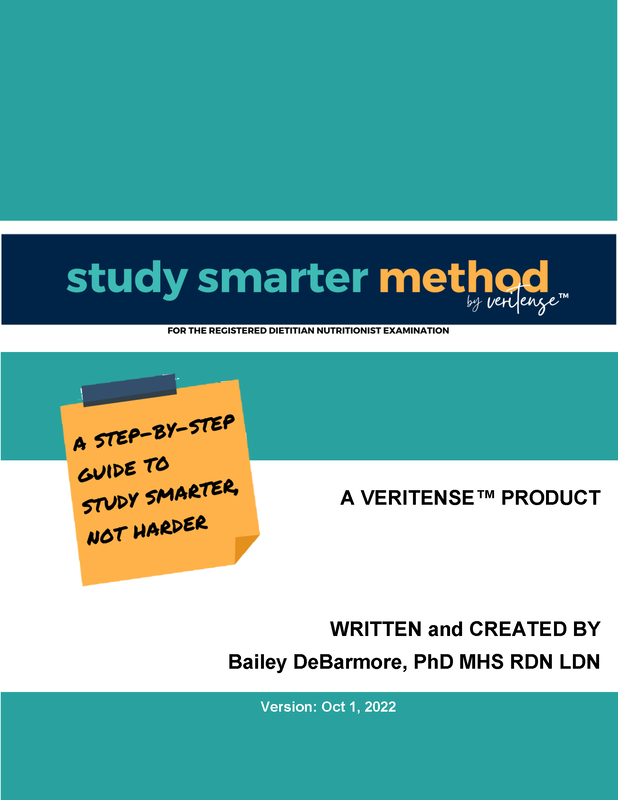|
Grad student grandiosity sits confidently (but ignorantly) across the aisle from imposter syndrome. Grad student grandiosity is that overly wordy short answer response that makes grading that much more miserable. It rears its head in discussion section when one student dominates the conversation, and insists on arguing with you over a basic terminology definition because they can hypothesize a number of scenarios where it doesn't hold.
These feelings of grandiosity may be perpetuated by faculty in the department, as they smile and nod when a student contributes to journal club. Little does the student know their comment reflects basic knowledge (i.e. they paid attention in class) of an incredibly complex methodology. This positive reinforcement from authority figures is equivalent to a pat on the head when a child learns to ride a bike (that still has training wheels on).
"Grad students tend to veer between two extremes: I know nothing and I know everything. The latter position is an over-compensatory response to fear of the former." [source]
Now, I would argue that for new students, the grandiosity position is more of a result of naïveté because they truly have no idea how much they don't know. For me, it was in my first second-year advanced methods course that made me realize how base my first year coursework was. It was completely necessary - the stepping stones to the foundation of the house that is methodology - but I realized you could spend your whole career learning about these topics. (Clearly).
The fear of knowing nothing creeps in as you recognize how much you don't know. And when you feel the shadow of an idea in your head, but cannot answer a professor's question with 110% confidence. (Little do you know, that student who always speaks up and speaks so confidently feels the same way). The fear takes a stronger hold when faculty expect more of you, and meeting their expectations is considered satisfactory or average when you used to be considered excellent. (Little do you know that the faculty are likely thinking about every other thing on their plate, and over interpretation of their comments at a seminar will only perpetuate your spiral). By definition, imposter syndrome (coined in 1978 by Drs. Clance and Imes), is characterized by successful individuals unable to internalize their accomplishments amidst the nagging fear of being exposed as a fraud. These high-achievers work diligently, over-preparing, tinkering, obsessing over details, to prevent exposure as a fraud. The hard work and work ethic elicits praise that falls on deaf ears, only raising the stakes of being found out. The tendency to overwork leads to burnout and poor sleep (or no sleep). Some do not feel comfortable being themselves when meeting with mentors and advisors, and shell out answers they believe faculty want to hear instead of deeming themselves worthy of true discussion. The phenomenon has been studied most extensively in women [source], with some research done in men. I've left out some of the soft features of imposter syndrome, as I think they are more sex-specific and personality-based. I think one of the aspects of academia that perpetuates imposter syndrome among graduate students is the lack of orientation to academic life. By this, I mean that very few advisors sit new students down and say, "This is how academic life works. This is how we choose authors on a paper, and this is who will actually contribute to the paper. This is how you handle criticism/feedback from a co-author that you completely disagree with. This is how you're supposed to request meetings and this is what you're supposed to do at those meetings." A number of social media outlets, Sh!tAcademicsSay (@AcademicsSay) on Twitter and PhD Comics, reveal these nuances of graduate student life that you only understand when you live it. But many of them, if not all, also point to the stress of feeling inadequate. Be you for a week and see what happens. BD
0 Comments
Your comment will be posted after it is approved.
Leave a Reply. |
popular postsLike what you read?
categories
All
archives
July 2024
This website uses marketing and tracking technologies. Opting out of this will opt you out of all cookies, except for those needed to run the website. Note that some products may not work as well without tracking cookies. Opt Out of Cookies |











 RSS Feed
RSS Feed